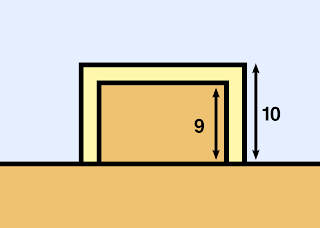משנה. אמר רבי עקיבא: מניין לעבודה זרה שמטמאה במשא כנדה - שנאמר +ישעיהו ל+ תזרם כמו דוה צא תאמר לו, מה נדה מטמאה במשא - אף עבודה זרה מטמאה במשא.
The Gemara then quotes a mishnah from Avodah Zarah 47a with Hakhamim who differ, and compare the tum’ah to that of a sherets:
תנן התם: מי שהיה ביתו סמוך לעבודה זרה ונפל - אסור לבנותו. כיצד יעשה - כונס לתוך שלו ארבע אמות ובונה. היה שלו ושל עבודה זרה - נידון מחצה על מחצה. אבניו ועציו ועפריו מטמאים כשרץ, שנאמר +דברים ז+ שקץ תשקצנו וגו’. רבי עקיבא אומר: כנדה, שנאמר +ישעיהו ל+ תזרם כמו דוה, מה נדה מטמאה במשא - אף עבודה זרה מטמאה במשא.
It’s really helpful to have the picture of darkhei hittamme’ut straight when learning this sugya. I would have been quite unprepared had I not written a post on this material before. Even more helpful is the chart in the Encyclopedia Talmudit, in the article on טמאה, column 479, which unfortunately I can’t reproduce here.


